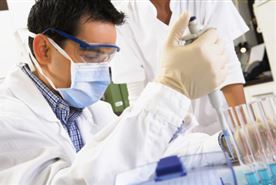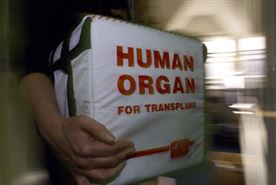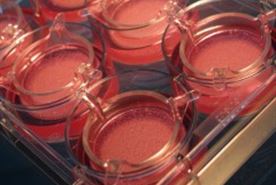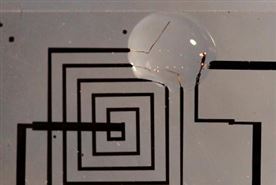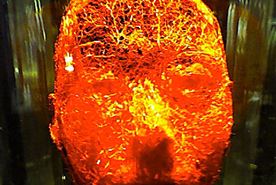Amazing Medicine
Noun
the state of being correct or precise
New DNA tests of minute amounts of blood left at a crime scene can now allow police to predict, with a high degree of accuracy, the age of the perpetrator.
Adjective
made by human beings, typically as a copy of something natural
A cyborg, also known as a cybernetic organism, has both biological and artificial (e.g., electronic, mechanical, or robotic) parts.
Noun
ability to produce a desired or intended result
Squalamine, a newly discovered compound found in shark tissue, has an amazing antiviral efficacy, and could potentially thwart a number of chronic infections.
Adjective
on the way
2000 livers get discarded each year because they deteriorate in transit, damaged by ice packs. A new device keeps the liver at room temperature, and is likely to double the number of donated livers available for transplant.
Noun
substance used in analysis because of the reactions it causes
A new reagent makes body tissue so clear and transparent that it could potentially be used to visually see whether a drug treatment is effective.
Verb
form or produce anew
The tooth fairy could soon have less work on her hands now that a gene needed to regenerate tooth enamel has been identified.
Noun
device for examining, reading, or monitoring something
A new brain scanner has been developed to help people who are completely paralyzed speak. It enables them to spell words using their thoughts. With fMRI, each letter produces a different pattern of blood flow in the brain.
Adjective
not of natural origin
Engineers have long been trying to come up with a synthetic polymer that is flexible, waterproof, conductive, heals itself, and is sensitive to touch, all outside the carefully calibrated set-up of a lab. Just like our skin.
Adjective
temporary or passing with time
Transient electronics offer robust performance comparable to current devices but they will fully resorb into their environment at a prescribed time, ranging from minutes to years.
Adjective
relating to or having vessels that conduct and circulate fluid
Synthetic capillaries made on a 3D printer may soon be used for transplants of lab-created organs, a technology that could greatly benefit vascular systems.
